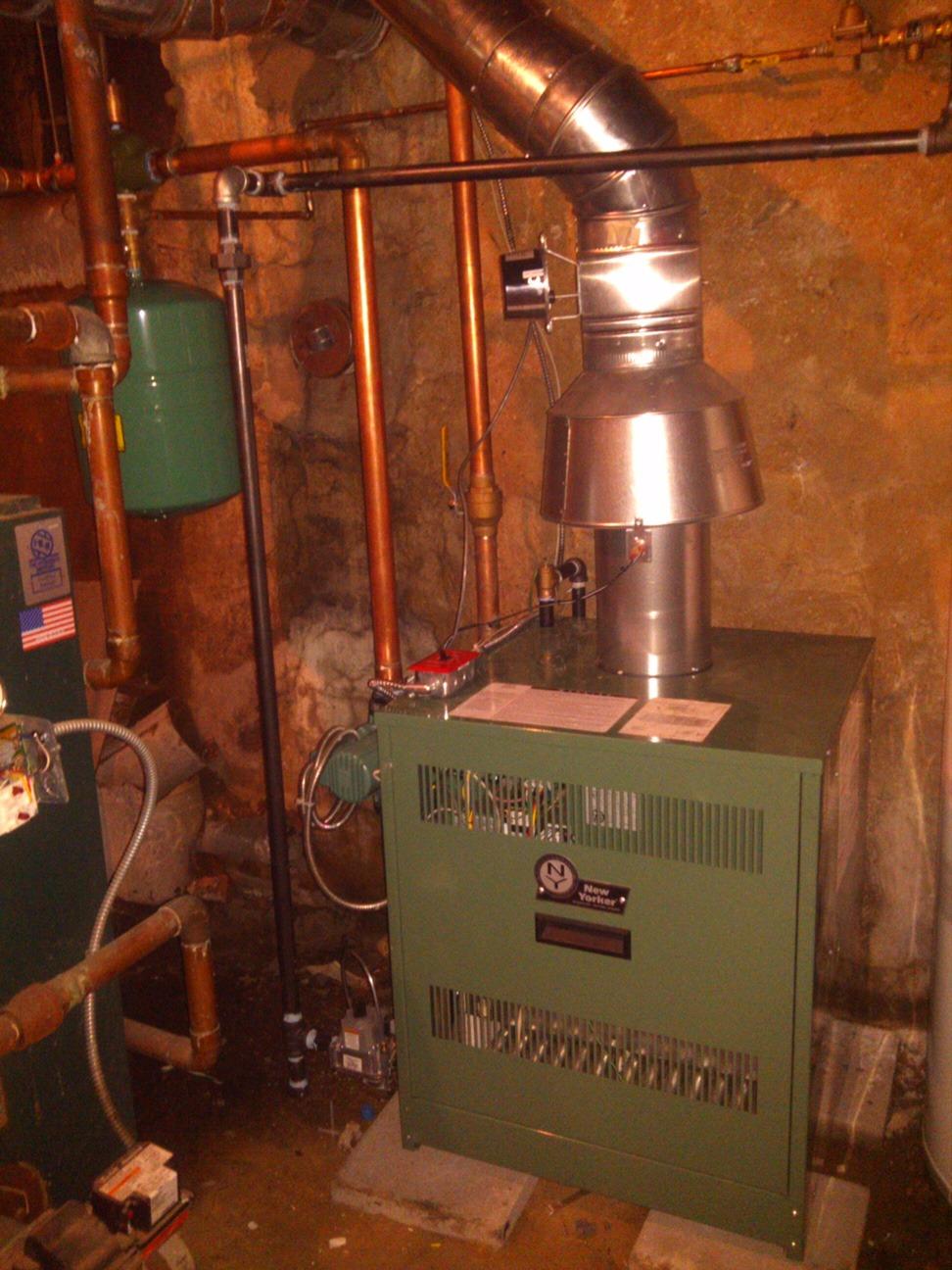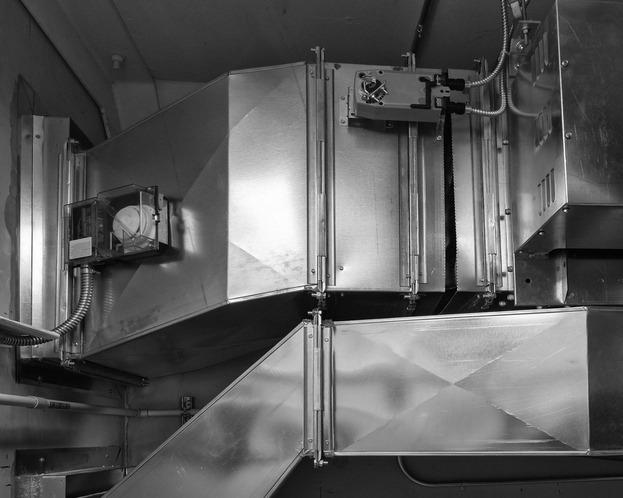If you’re planning a major home renovation, remember to consider how it will affect your HVAC system’s efficiency. We’re always happy to help you design and implement any necessary changes.
Did you know that you don’t have to be an HVAC professional to do your part to protect your HVAC system? Remembering to change your air filter each month can help your unit continue to run smoothly.
Are you familiar with the term, “room air distribution”? This refers to the way that air flows through a room. It’s also characterized by how air is introduced and removed from spaces within a building or home.
Do you ever feel like your business is spending a fortune in HVAC repairs every time the mercury rises? It may be worth getting a quote on new energy-efficient equipment that will be more reliable.
Looking at making your business more environmentally friendly? A newly installed HVAC system can be a huge step. Not only can you make the system energy efficient, but you can also integrate power options like solar for your rooftop units.
We understand that you may be looking for any way to conserve energy without sacrificing comfort. We’re always here to suggest ways to accomplish this.
Have you heard of duct blast testing? This is used to test your ductwork for potential leaks. Something as small as a 1-inch hole can lead to a 20% increase in your energy bill!
If a key purpose in your building design is to take the LEED with energy efficiency, heating and air-conditioning systems are evaluated and can garner points in several areas. Work with us from the beginning of the project to ensure that you meet the requirements.
Do you ever wonder whether you’re paying more than is necessary to heat and cool your offices? HVAC equipment can pull more energy when they aren’t operating at peak efficiency, costing you more on your business’s monthly energy bill.
If you have an older HVAC system, you may want to explore replacing the equipment. Since building codes can change over time, the system you have may not still meet current requirements.
Have you ever heard of chlorofluorocarbons? They are an organic compound that contains carbon, chlorine, hydrogen and fluorine, that all produce a volatile derivative of methane, which damages the Ozone. Modern cooling refrigerants eliminate the release of this compound.
Commercial HVAC systems have unique aspects that make them different than residential or industrial systems. For example, most residential heaters are in basements, while roof units are popular for businesses. An HVAC installation expert knows all of the ins and outs of commercial systems.
The first examples of synthetic ways to keep buildings warm are nearly 2,000 years old. The notion of providing some type of centralized cooling was a much more difficult concept, with fans and blocks of ice offering the first taste of air conditioning.
An Energy Star label means an HVAC unit exceeds federal efficiency standards. The labels list the maker, model, size, and features. They also estimate annual operating costs, compare that cost to similar models, and project the total amount of energy it uses each year.
When your HVAC equipment is on the roof of your building, it can be susceptible to additional concerns that the average outdoor unit may not face. Let’s talk about any special maintenance that may be necessary, or if you should expect to need additional repairs.
The absorption process of a gas-fired residential A.C. system relies on the affinity between two fluids. Air-cooled chillers utilize environmentally safe ammonia as the refrigerant and water as the absorbent.
Depending on your preferences, we can provide regular service and maintenance plans to take care of your HVAC systems. We will schedule regular visits to inspect the units and to diagnose and correct any problems before or as they occur.
We recognize that business owners outside of our industry may not know much about HVAC systems. Let’s talk about the needs of your business and any special requirements of your industry so that we can help you evaluate which systems are best for your business.
Today’s HVAC systems are the most efficient in the history of climate control systems. From programmable thermostats to zone temperature control, to systems that use minimal energy, we can design a system that is right for you.
Did you know that ceiling fans can help reduce energy bills in both the summer and winter? Ceiling fans spin counter-clockwise during the summer to circulate cool air and rotate clockwise during the winter to spread warm air throughout your home.
It’s important to remember that your HVAC system will have fewer problems when you stay on top of the regular maintenance. If you’d like to set up a schedule for us to come out, we’re happy to discuss it.
In 1914, the first home air conditioning unit was installed in the Charles Gates’ mansion. The unit was seven feet high, six feet wide, and 20 feet long. The mansion was never occupied, so it’s unclear if that early AC system was ever used.
If you have an older model furnace, it’s important to keep in mind that old systems were not designed according to the same standards that are in place today and thus tend to be highly inefficient. In fact, with a furnace replacement you may able to recoup the initial investment in fuel savings alone.
Does it ever annoy you how high your electricity bill still is when using oil was supposed to help you save money? Since oil HVAC systems require electricity to operate, that system could be costing your $100 to operate each year.




